
Find Help
More Items From Ergsy search
-
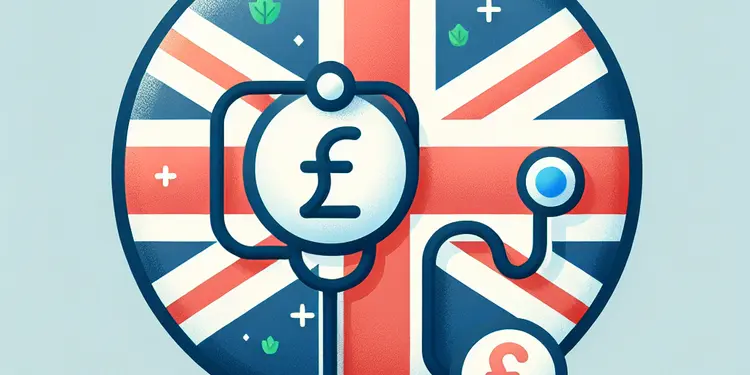
What is Huntington's disease?
Relevance: 100%
-
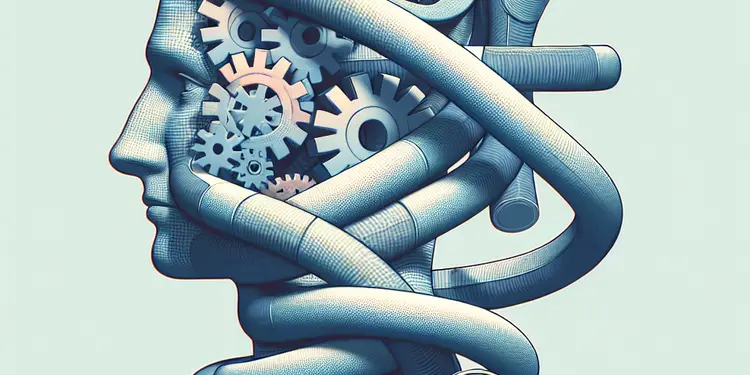
Is Huntington's disease fatal?
Relevance: 98%
-
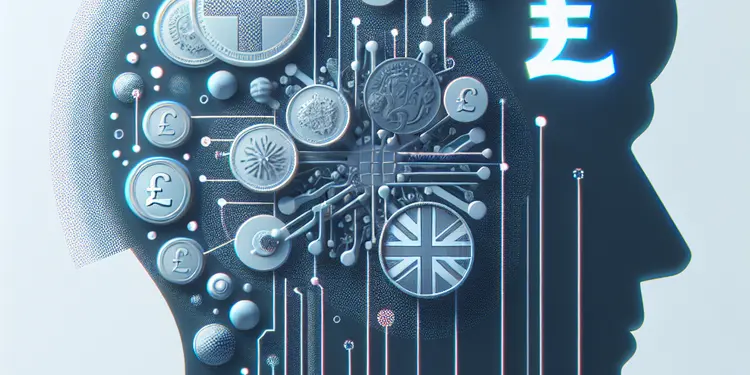
Can Huntington's disease be cured?
Relevance: 96%
-
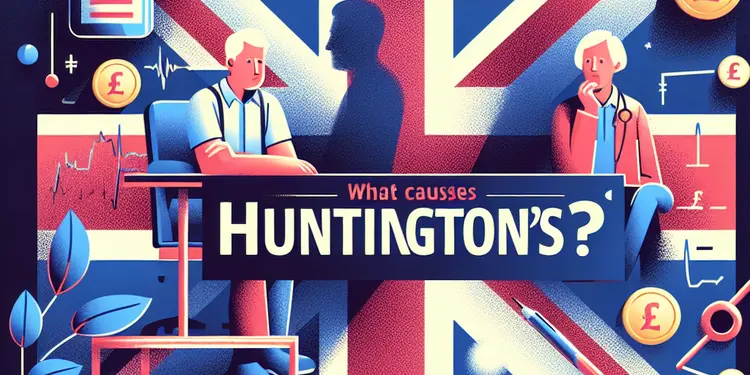
What causes Huntington's disease?
Relevance: 94%
-
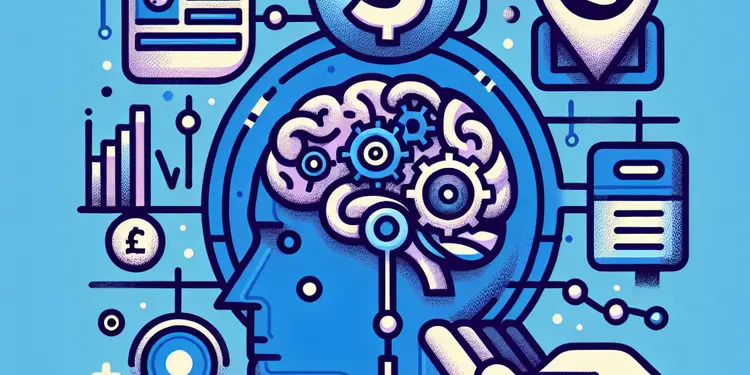
What are the symptoms of Huntington's disease?
Relevance: 92%
-
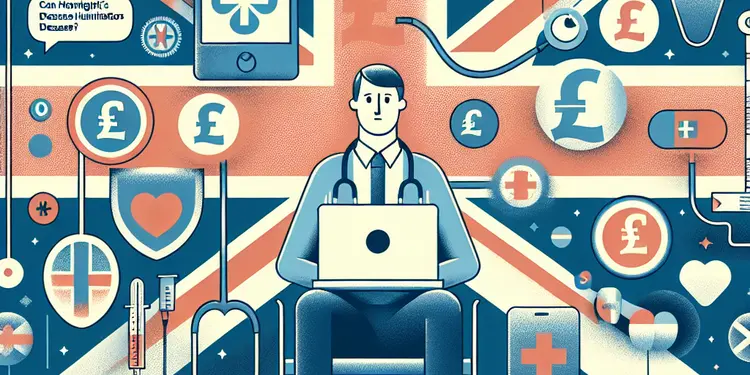
Can Huntington's disease be prevented?
Relevance: 92%
-

What research is being done on Huntington's disease?
Relevance: 92%
-
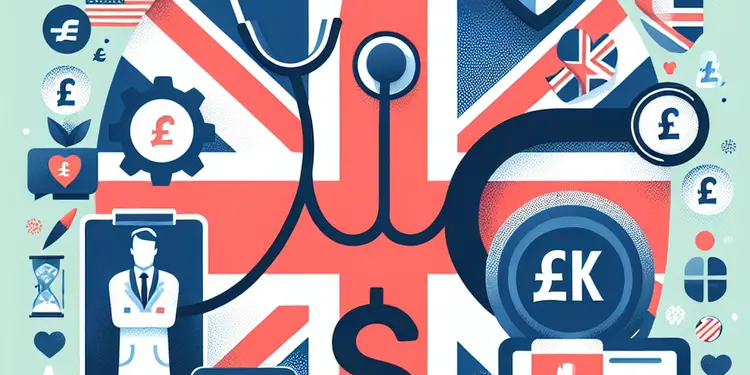
How is Huntington's disease diagnosed?
Relevance: 91%
-
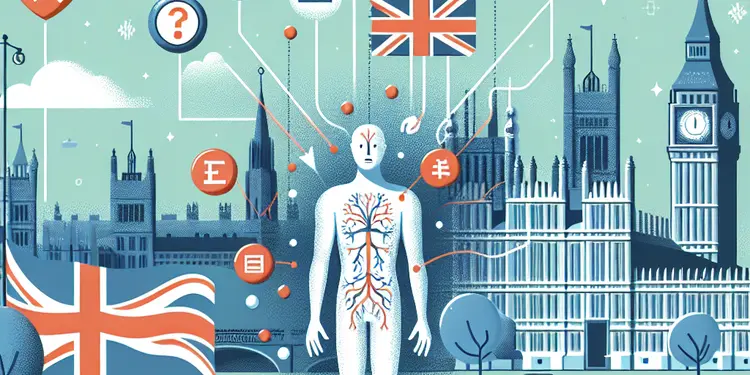
How does Huntington's disease affect emotions?
Relevance: 89%
-

How does Huntington's disease affect movement?
Relevance: 88%
-
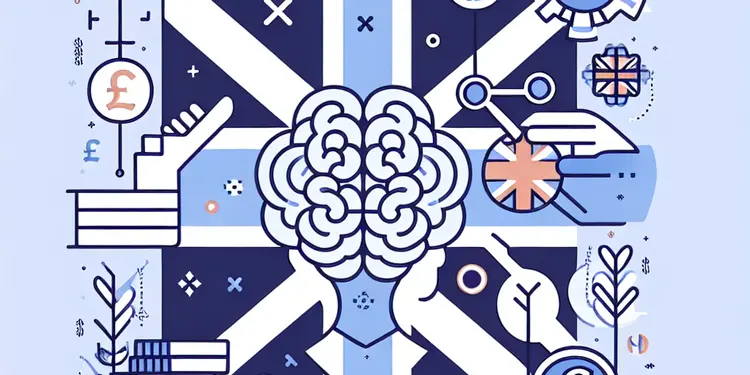
How does Huntington's disease affect cognition?
Relevance: 86%
-
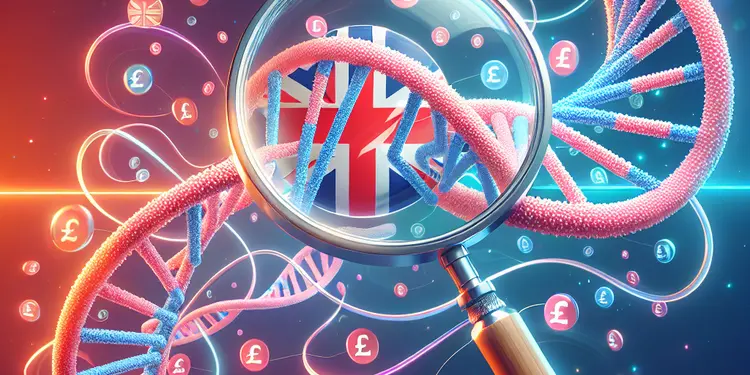
What is the role of genetic testing in Huntington's disease?
Relevance: 86%
-
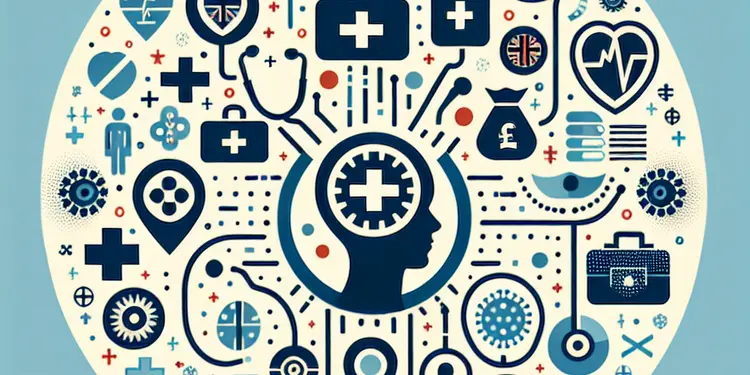
What kinds of specialists are involved in treating Huntington's disease?
Relevance: 86%
-

Are there treatments available for Huntington's disease?
Relevance: 86%
-

At what age do symptoms of Huntington's disease typically appear?
Relevance: 82%
-

Can lifestyle changes help manage Huntington's disease?
Relevance: 80%
-
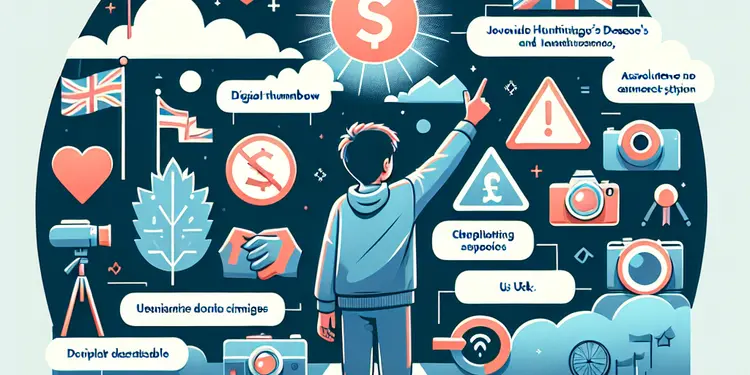
What is Juvenile Huntington's disease?
Relevance: 68%
-

How is Huntington's disease inherited?
Relevance: 66%
-
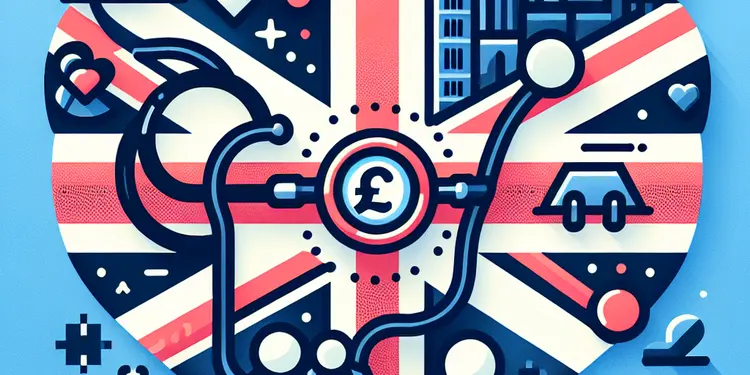
What support is available for families affected by Huntington's disease?
Relevance: 58%
-
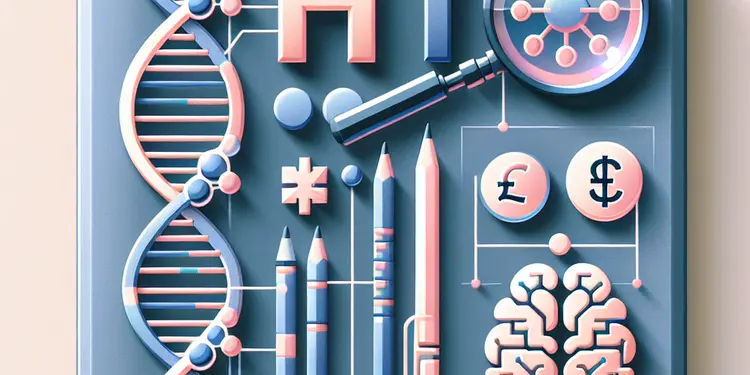
What role does the HTT gene play in Huntington's disease?
Relevance: 54%
-
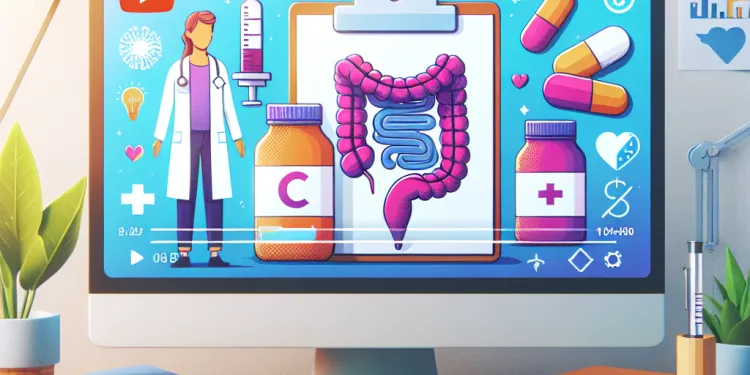
What treatments are available for Crohn's disease?
Relevance: 50%
-

What treatments are available for Alzheimer's disease?
Relevance: 49%
-
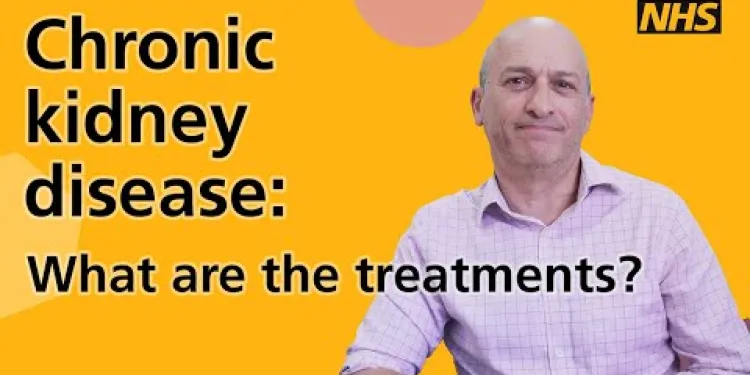
Chronic kidney disease: What are the treatments?
Relevance: 47%
-
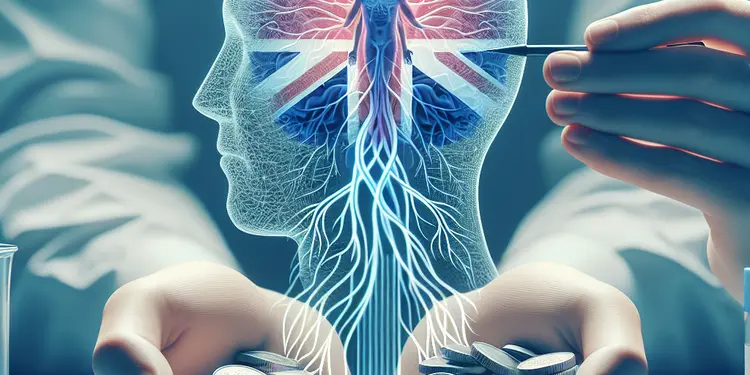
What treatments are available for motor neurone disease?
Relevance: 47%
-
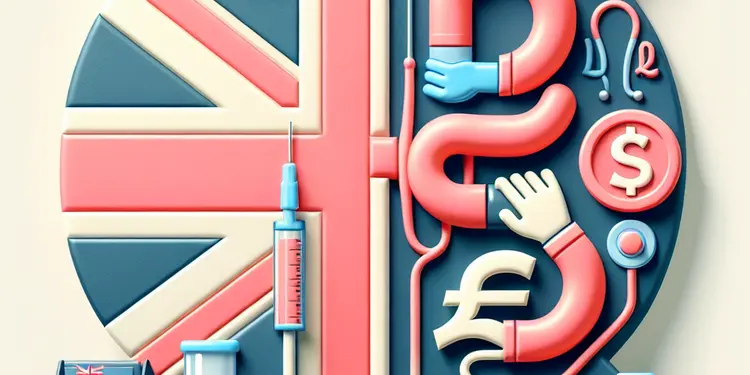
Can flesh-eating disease recur after treatment?
Relevance: 46%
-
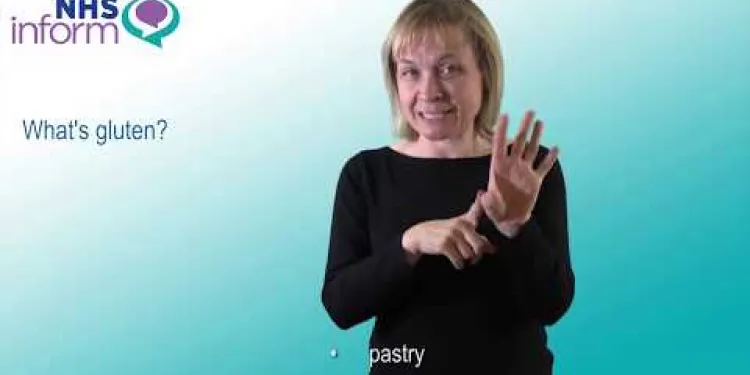
Coeliac disease
Relevance: 36%
-
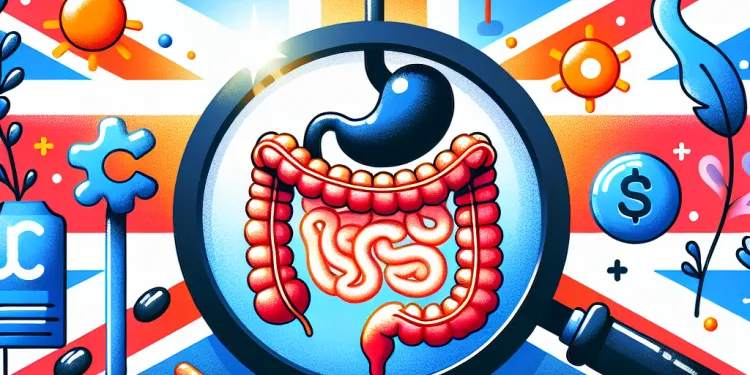
Is there a cure for Crohn's disease?
Relevance: 36%
-

Can Lyme disease be treated?
Relevance: 36%
-

Liver disease | NHS
Relevance: 36%
-
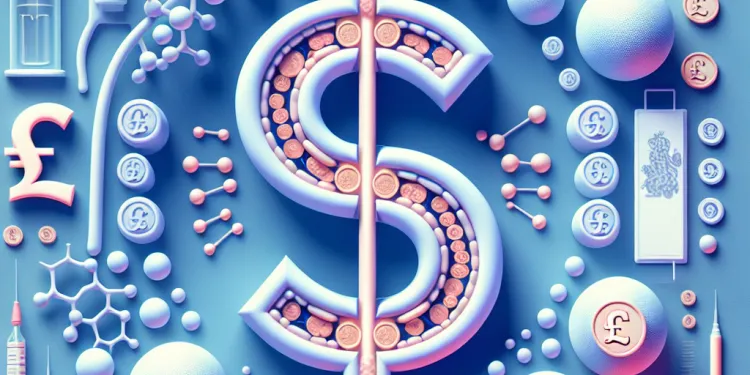
What is Mitochondrial disease?
Relevance: 35%
-
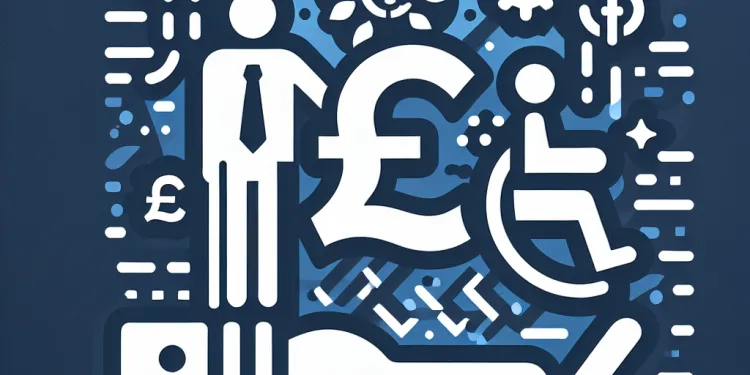
What is Parkinson's disease?
Relevance: 35%
-
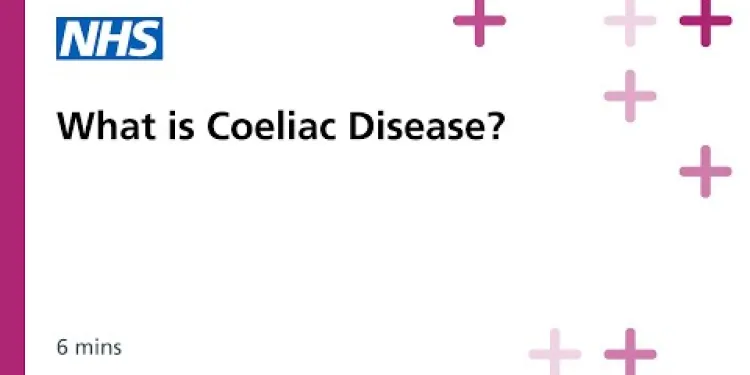
Coeliac Disease: Session 1: What is Coeliac Disease?
Relevance: 35%
-
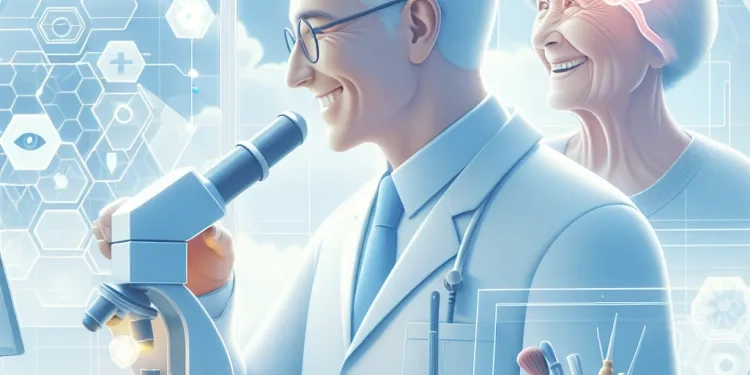
What is Alzheimer's disease?
Relevance: 34%
-
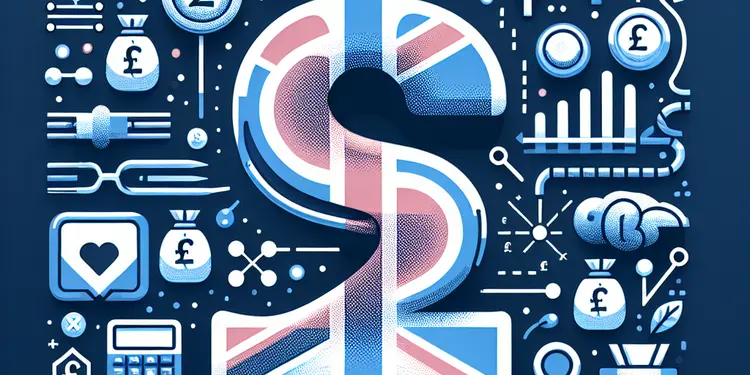
Is there a cure for motor neurone disease?
Relevance: 34%
-
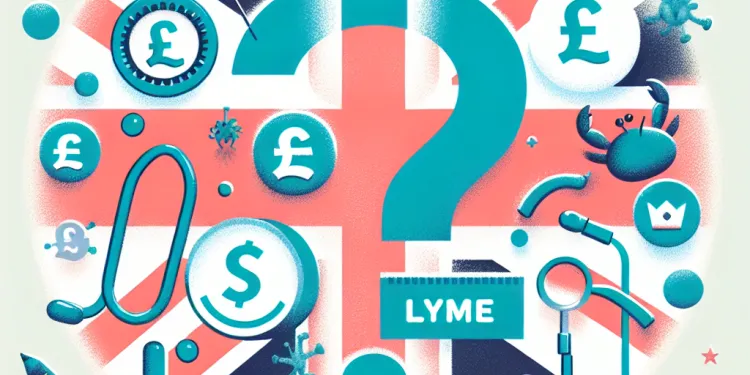
What is Lyme Disease?
Relevance: 34%
-
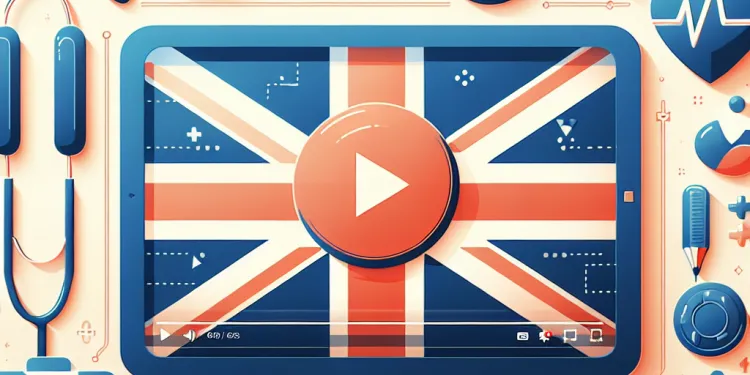
How common is Alzheimer's disease in the UK?
Relevance: 34%
-

Can flesh-eating disease be treated?
Relevance: 34%
-

What is a flesh eating disease?
Relevance: 34%
-

Is flesh-eating disease contagious?
Relevance: 34%
-
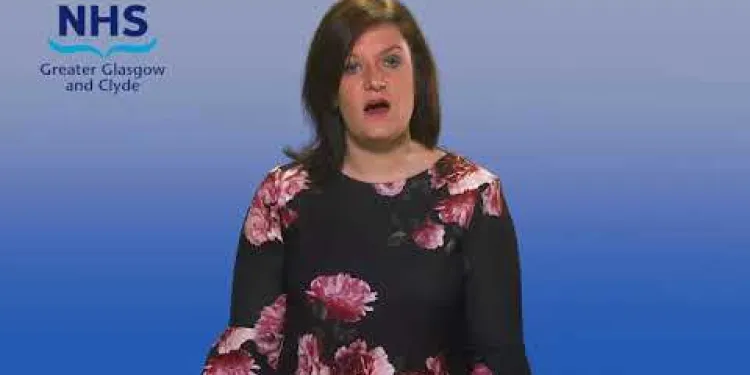
NHSGGC - What is Coeliac Disease?
Relevance: 33%
Treatments Available for Huntington's Disease
Huntington’s disease is a progressive neurological condition caused by a faulty gene. As of now, there is no cure for Huntington's disease, but there are various treatments that aim to manage and alleviate its symptoms. These interventions can help improve the quality of life for those affected, as well as support their families and caregivers.
Medications for Symptom Management
Several medications are available to help manage the symptoms of Huntington's disease. For movement disorders, such as chorea (involuntary jerking or writhing movements), doctors may prescribe tetrabenazine or deutetrabenazine. These drugs work by depleting dopamine levels in the brain, which can help reduce impacts of excessive movements.
Antipsychotic medications, including olanzapine and risperidone, can also be used to manage psychiatric symptoms such as mood swings, aggression, and hallucinations. Additionally, antidepressants like selective serotonin reuptake inhibitors (SSRIs) can help alleviate depression and anxiety, which are common in those with Huntington’s disease.
Therapeutic and Supportive Interventions
Non-medical therapies play a crucial role in managing Huntington's disease. Physical therapy can help improve strength, balance, and coordination, which may prolong mobility and reduce falls. Speech therapy can assist those experiencing difficulties with speech and swallowing by teaching strategies to improve communication and safe eating practices.
Occupational therapy can support individuals by focusing on practical solutions to maintain independence in daily activities. This may include recommending adaptive equipment and altering the home environment to make it safer and more accessible.
Psychological and Social Support
Addressing the psychological and social aspects of Huntington's disease is essential. Cognitive behavioural therapy (CBT) and counselling can help individuals and families cope with emotional and behavioural challenges. Support groups, either in person or online, provide a platform for individuals and families affected by the disease to share experiences and advice.
Genetic counselling is recommended for those with a family history of Huntington’s, as it offers information and support regarding genetic testing and family planning decisions.
Research and Future Directions
Ongoing research is vital to advancing understanding and treatment of Huntington's disease. Clinical trials in the UK and worldwide continue to explore potential therapies, ranging from gene therapy to new medications that target different aspects of the disease. Patients and families are encouraged to stay informed about clinical trials and emerging therapies, as participation may provide access to new treatments.
In conclusion, while Huntington's disease currently has no cure, a combination of medications, therapies, and support services can significantly improve the quality of life for those affected and provide essential support for their carers.
Help for People with Huntington's Disease
Huntington’s disease is an illness that affects the brain and gets worse over time. It happens because of a problem in your genes. Right now, we can't cure it, but we have ways to help with the symptoms and make life better for those with the disease and their families.
Medicines to Help with Symptoms
There are medicines that can help with symptoms of Huntington's disease. For movements that you can't control, like jerking or twisting, doctors may give medicines called tetrabenazine or deutetrabenazine. These help by lowering certain chemicals in the brain to make movements less strong.
Other medicines, like olanzapine and risperidone, can help if you feel very angry, sad, or are seeing things that aren't there. If you feel very sad or worried, antidepressants can help you feel better.
Therapies and Other Help
There are types of therapy that can really help with Huntington's disease. Physical therapy helps keep your body strong and helps with balance, so you might not fall as much. If you have trouble talking or swallowing, speech therapy can help you learn new ways to talk and eat safely.
Occupational therapy helps you do daily tasks more easily and safely. It can suggest tools to help you and ideas to make your home safer.
Emotional and Social Help
It’s important to get help with feelings and social issues too. Talking therapies like counselling can help you and your family deal with hard feelings. Support groups let you meet other people going through the same thing to share ideas and make friends.
If someone else in your family had Huntington’s disease, genetic counselling can help you understand more about it and make choices about having a family.
Looking to the Future
People are doing research all the time to learn more about Huntington's disease and find new treatments. New ideas, like gene therapy, are being tested in places like the UK. Taking part in research might give you a chance to try new treatments.
In the end, while we can’t cure Huntington's disease yet, medicines, therapies, and support can really help make life better for you and those who care for you.
Frequently Asked Questions
Useful Links
This website offers general information and is not a substitute for professional advice.
Always seek guidance from qualified professionals.
If you have any medical concerns or need urgent help, contact a healthcare professional or emergency services immediately.
Some of this content was generated with AI assistance. We’ve done our best to keep it accurate, helpful, and human-friendly.
- Ergsy carfully checks the information in the videos we provide here.
- Videos shown by Youtube after a video has completed, have NOT been reviewed by ERGSY.
- To view, click the arrow in centre of video.
- Most of the videos you find here will have subtitles and/or closed captions available.
- You may need to turn these on, and choose your preferred language.
- Go to the video you'd like to watch.
- If closed captions (CC) are available, settings will be visible on the bottom right of the video player.
- To turn on Captions, click settings .
- To turn off Captions, click settings again.
More Items From Ergsy search
-

What is Huntington's disease?
Relevance: 100%
-

Is Huntington's disease fatal?
Relevance: 98%
-

Can Huntington's disease be cured?
Relevance: 96%
-

What causes Huntington's disease?
Relevance: 94%
-

What are the symptoms of Huntington's disease?
Relevance: 92%
-

Can Huntington's disease be prevented?
Relevance: 92%
-

What research is being done on Huntington's disease?
Relevance: 92%
-

How is Huntington's disease diagnosed?
Relevance: 91%
-

How does Huntington's disease affect emotions?
Relevance: 89%
-

How does Huntington's disease affect movement?
Relevance: 88%
-

How does Huntington's disease affect cognition?
Relevance: 86%
-

What is the role of genetic testing in Huntington's disease?
Relevance: 86%
-

What kinds of specialists are involved in treating Huntington's disease?
Relevance: 86%
-

Are there treatments available for Huntington's disease?
Relevance: 86%
-

At what age do symptoms of Huntington's disease typically appear?
Relevance: 82%
-

Can lifestyle changes help manage Huntington's disease?
Relevance: 80%
-

What is Juvenile Huntington's disease?
Relevance: 68%
-

How is Huntington's disease inherited?
Relevance: 66%
-

What support is available for families affected by Huntington's disease?
Relevance: 58%
-

What role does the HTT gene play in Huntington's disease?
Relevance: 54%
-

What treatments are available for Crohn's disease?
Relevance: 50%
-

What treatments are available for Alzheimer's disease?
Relevance: 49%
-

Chronic kidney disease: What are the treatments?
Relevance: 47%
-

What treatments are available for motor neurone disease?
Relevance: 47%
-

Can flesh-eating disease recur after treatment?
Relevance: 46%
-

Coeliac disease
Relevance: 36%
-

Is there a cure for Crohn's disease?
Relevance: 36%
-

Can Lyme disease be treated?
Relevance: 36%
-

Liver disease | NHS
Relevance: 36%
-

What is Mitochondrial disease?
Relevance: 35%
-

What is Parkinson's disease?
Relevance: 35%
-

Coeliac Disease: Session 1: What is Coeliac Disease?
Relevance: 35%
-

What is Alzheimer's disease?
Relevance: 34%
-

Is there a cure for motor neurone disease?
Relevance: 34%
-

What is Lyme Disease?
Relevance: 34%
-

How common is Alzheimer's disease in the UK?
Relevance: 34%
-

Can flesh-eating disease be treated?
Relevance: 34%
-

What is a flesh eating disease?
Relevance: 34%
-

Is flesh-eating disease contagious?
Relevance: 34%
-

NHSGGC - What is Coeliac Disease?
Relevance: 33%


